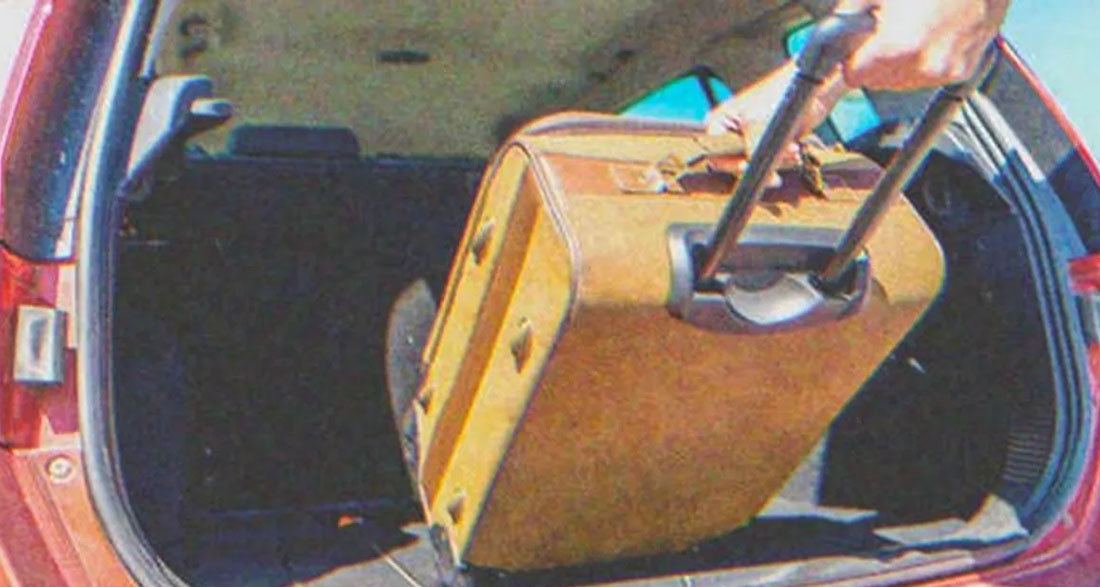Gerald Nizbit sat frozen, staring at the text glowing on his computer screen. His eyes widened in shock as the words sank in. He couldn’t believe what he was reading. Slowly, he grabbed his phone and dialed sharply. “Helen,” he said in a sharp tone to his assistant, “get me my lawyer right now. Then Margaret Pratt. And after that, my mother. In that order—no delays!”
Helen, who had worked with Gerald for over ten years, knew better than to argue. He was never patient, especially not when something important was going on. She immediately started calling his lawyer.
Gerald stayed glued to the screen, shaking his head in disbelief. “She’s going to pay for this,” he muttered angrily. Finally, Helen got the lawyer on the line.
“Sam,” Gerald said briskly. “You made a huge mistake. You sent me my mother’s will for approval instead of sending it to her first. That’s a serious slip-up.”
On the other end, the lawyer stammered an apology, clearly embarrassed, but Gerald had said what he needed to and quickly ended the call. He looked out the massive floor-to-ceiling window of his New York office, the snow falling quietly over the city skyline, but his mind was far from peaceful.
Then the phone rang again. It was Margaret Pratt. Gerald spoke quickly and firmly, “I need that document today, Miss Pratt. No excuses.” When she hesitated, he interrupted, “If you can’t get it done, I’ll find someone who can.” The resolve in his voice made her agree instantly. “Okay. 5 PM sharp. No later.”
Next, Gerald called his mother. Helen connected the call in seconds.
“Mother,” Gerald said coldly. “First, your lawyer accidentally sent me your new will. Second, I want you to pack your bags immediately. Be ready to leave my house by four this afternoon.”
Edith Nezbit sat stunned in the beautiful lounge of Gerald’s home—the home where she had been living with him for the past year, after her arthritis made it hard for her to live alone. She was speechless.
“Gerald, please don’t be upset about the will. Let me explain—” Edith started.
“I don’t want your explanations, Mother,” Gerald cut her off firmly. “Just pack your things and be ready to leave by 4 PM.” Then, he hung up.
Edith’s heart pounded fiercely. She had hoped Gerald would understand her decision. He was her youngest child and had always been her rock through hard times. She’d counted on his kindness.
But now, she was left alone with her swirling thoughts. She slowly went upstairs, opened her closet, and began packing. The suitcase sat on her bed, half-packed, tears blurring her vision.
She had left her money and house to her two older children, Amy and Oliver. She had thought Gerald would see the love behind her choices, but maybe she had been wrong.
Feeling desperate to explain herself, Edith called Gerald’s housekeeper for help with the suitcase, then waited downstairs anxiously for Gerald’s arrival.
At exactly 4 PM, Gerald arrived—always punctual. He walked in, gave her a quick kiss on the cheek, and Edith’s tears spilled out. “Please, Gerald, just let me explain!” she pleaded.
Gerald looked at her with cold eyes. “I don’t have time for explanations. Come on.” He picked up her suitcase and carried it to the car. Edith followed silently.
The drive was quiet. Edith tried to break the silence. “Where are we going, Gerald?”
Gerald ignored her and switched on the radio. Edith looked out the window, noticing she didn’t recognize this part of the city.
She tried again, voice trembling, “Gerald, about the will…”
Gerald glanced at her, frowning. “Oh, the will! The one where you left the house and the $120,000 savings to Amy and Oliver, and you left me the old cabin by the lake, grandfather’s photos from the war, and Dad’s watch?”
“Yes…” Edith whispered, hope flickering.
Before she could say more, Gerald stopped the car. They had arrived at a small, private airport. A sleek private jet gleamed on the runway.
Gerald turned to her, tears shining in his eyes. “Mom, I get it now. I understand why you left the house and money to Amy and Oliver. They need it more than I do. I have more than enough.”
“But the cabin, the photos, Dad’s watch—those are priceless to me. You know what’s important to me. Those memories mean everything.”
Edith’s breath caught in her throat. “Gerald… I thought you were kicking me out!”
He laughed softly. “No way. I’m taking you to Tahiti for two weeks. I think the warm sun will help your arthritis—and I could use some time with my mom.”
Tears flowed down Edith’s cheeks as she hugged her youngest son tightly. He understood her perfectly.
They spent two wonderful weeks in Tahiti. Gerald got a golden tan, and even met a lovely girl from New York who was on vacation too. Edith smiled to herself, thinking maybe grandchildren weren’t too far away after all.
What can we learn from this story? Don’t judge people’s intentions based on your own fears. Edith was scared her son would be angry about the will, so she thought he was sending her away. But Gerald’s heart saw the true meaning behind her choices.
True value isn’t about money. For Gerald, the old photos, the watch, and the cabin by the lake were worth more than millions—because they carried love, memories, and family.


